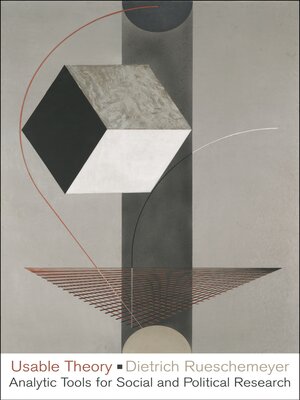
Sign up to save your library
With an OverDrive account, you can save your favorite libraries for at-a-glance information about availability. Find out more about OverDrive accounts.
Find this title in Libby, the library reading app by OverDrive.



Search for a digital library with this title
Title found at these libraries:
| Library Name | Distance |
|---|---|
| Loading... |
The project of twentieth-century sociology and political science—to create predictive scientific theory—resulted in few full-scale theories that can be taken off the shelf and successfully applied to empirical puzzles. Yet focused "theory frames" that formulate problems and point to relevant causal factors and conditions have produced vibrant, insightful, and analytically oriented empirical research. While theory frames alone cannot offer explanation or prediction, they guide empirical theory formation and give direction to inferences from empirical evidence. They are also responsible for much of the progress in the social sciences. In Usable Theory, distinguished sociologist Dietrich Rueschemeyer shows graduate students and researchers how to construct theory frames and use them to develop valid empirical hypotheses in the course of empirical social and political research. Combining new ideas as well as analytic tools derived from classic and recent theoretical traditions, the book enlarges the rationalist model of action by focusing on knowledge, norms, preferences, and emotions, and it discusses larger social formations that shape elementary forms of action. Throughout, Usable Theory seeks to mobilize the implicit theoretical social knowledge used in everyday life.







